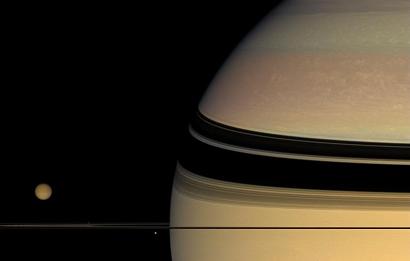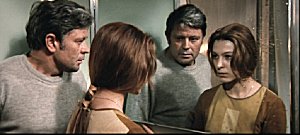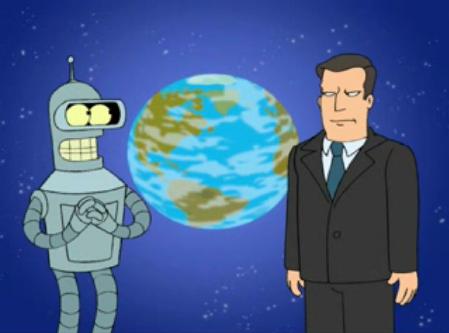KSR signed for a three-book deal
Submitted by Kimon
As hinted by last week's update, Stan already has ideas brewing for further novels, and one of them is to be set in the future, where "human beings have fled Earth in favor of new homes within the solar system". Along with his agent for the last twenty years, Stan Robinson just signed a deal for three books with the publisher Orbit. From Publishers Weekly:
Orbit's Tim Holman inked Kim Stanley Robinson to a world rights, three-book deal, with the first title in the agreement, 2312, slated to drop in 2012. Holman, v-p and publisher of the Hachette sci-fi/fantasy imprint, brokered the deal with agent Ralph Vicinanza. Robinson, who's won various genre awards including the Hugo and the Nebula, is best known for his Mars trilogy, published in the 1990s by Bantam's Spectra imprint. In the new novel, set 300 years in the future, human beings have fled Earth in favor of new homes within the solar system.
Galileo's Dream is not yet out in the USA and we know the title of Robinson's next novel already: 2312. The round number between the novel's title and its projected publishing date hints that its subject matter would of course be relevant to contemporary issues as well. Perhaps the same narrative device for linking different time periods in Galileo's Dream will be used again. What is certain is that a three-book deal does not necessarily mean a trilogy. Still, the news is that apparently Stan moves back to the subject matter of the much-praised Mars trilogy: space colonization!
Says Orbit publisher Tim Holman, on Orbit's site:
"Kim Stanley Robinson is a writer who can make the future credible, no matter how incredible it might seem. 2312 will be set in our solar system three hundred years from now; a solar system in which mankind has left Earth and found new habitats. This will be a novel for anyone curious to see what our future looks like – a grand science-fictional adventure in every sense – and I’m thrilled that Orbit will be publishing it in both the US and the UK."
Note: When Galileo's Dream was announced end of 2006, the August 2009 release date was set and respected (the title of the novel, however, did change), so the 2012 publishing date and the book description for the above is quite reliable.
Photo from the Cassini mission, depicting Saturn, Titan and other moons (via APOD).





